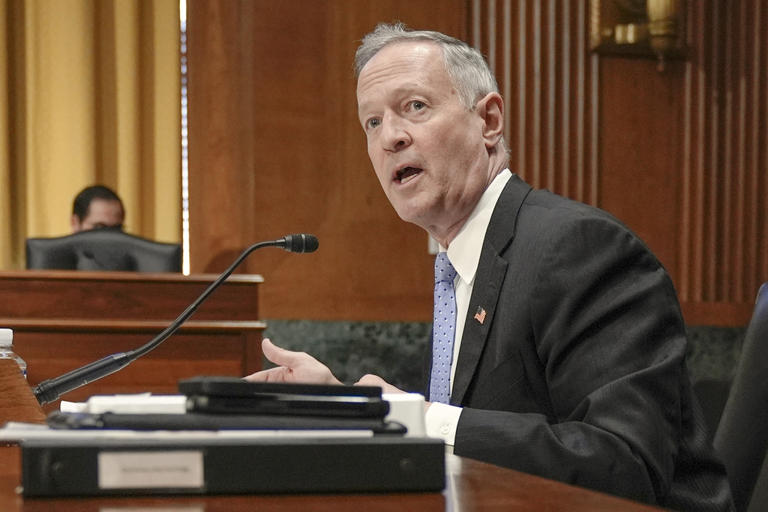The latest annual Social Security and Medicare trustees report brought a mixed bag of news for retirees and policymakers alike. On one hand, the projected depletion dates for these vital programs have been pushed back, offering a temporary reprieve. Yet, officials caution that without significant policy changes, the specter of benefit cuts looms large, threatening the financial security of millions of Americans.
Medicare’s fiscal prognosis received a modest boost, with the go-broke date for its hospital insurance trust fund extended by five years to 2036. This optimistic outlook stems from a combination of factors, including higher-than-expected payroll tax income and lower expenses recorded last year. However, it’s crucial to note that once the fund’s reserves are exhausted, Medicare would only be able to cover 89% of the costs for crucial medical services, leaving a significant gap in coverage.
Similarly, Social Security’s financial health saw a slight improvement, with the trust funds now projected to exhaust their reserves in 2035 instead of the previously estimated 2034. However, this still means that Social Security would only be able to pay out 83% of benefits, leaving many retirees in a precarious financial position.
Despite these adjustments, Social Security Administration Commissioner Martin O’Malley emphasized the pressing need for congressional action to avert benefit cuts. President Joe Biden echoed this sentiment, pledging to fortify Social Security and Medicare during his tenure. He proposed raising taxes on high-income earners to shore up funding for these critical programs, emphasizing the importance of ensuring their long-term sustainability.
However, the issue of Social Security and Medicare reform has long been a political hot potato, with lawmakers often deferring difficult decisions to future generations. The last major overhaul of Social Security occurred roughly four decades ago, highlighting the reluctance of politicians to tackle this complex issue head-on.
The financial challenges facing these programs are exacerbated by demographic shifts, notably the aging of the population, which strains their financial resources. Rising healthcare costs and increasing life expectancy further compound these challenges, making the need for reform all the more urgent.
Advocacy groups like Social Security Works and AARP have been vocal in their calls for action, urging lawmakers to prioritize the long-term viability of Social Security and Medicare. They argue that delaying reform only exacerbates the problem, making it more difficult to find sustainable solutions down the line.
In the end, the future of Social Security and Medicare hangs in the balance, dependent on the willingness of policymakers to set aside partisan differences and enact meaningful reforms. The stakes are high, with millions of Americans relying on these programs for their financial well-being in retirement.
